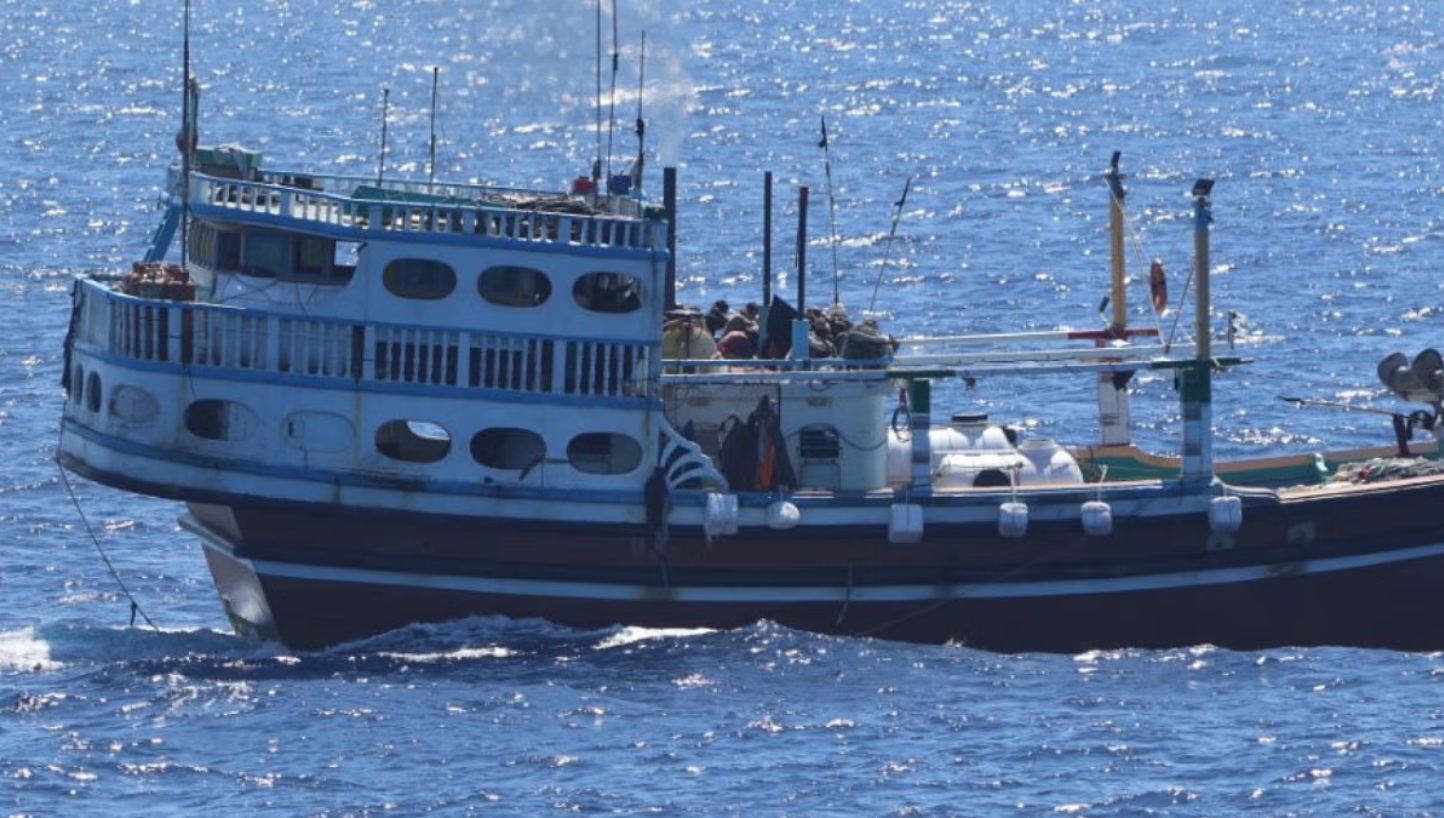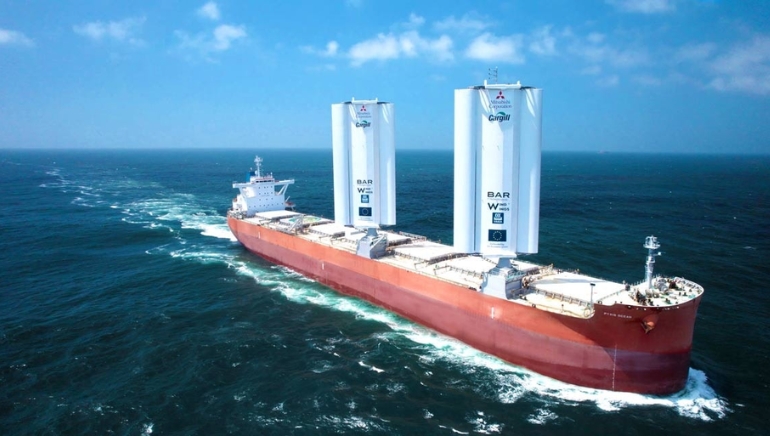The United States expressed support for constructing the first high-speed rail in the country. Japan also expressed support, following discussions between their leaders in Washington. President Joe Biden aims to revive interest in the project connecting Dallas and Houston.
The U.S. Department of Transportation and the Japanese Ministry of Land, Infrastructure, Transport, and Tourism agreed to support Amtrak’s initiative in the Texas Central High-Speed Rail Project, which makes use of Shinkansen technologies, according to a White House fact sheet. Potential financing sources may arise if development and other conditions have been fulfilled.
The project, which is expected to cost between $25 and $30 billion, aims to significantly decrease the time it takes to travel between the two cities—which is currently over three hours by car—to about 90 minutes. Texas Central Partners and Amtrak will oversee its management, and state lenders in Japan will fund its development. Despite expectations that political support will draw in both public and private money, challenges still exist, such as potential opposition in Congress and Texas.
Despite being supported by the Biden administration due to its investment in rail infrastructure and environmental benefits, the project is being criticised by local organisations and certain Republican lawmakers who are against using public cash for rail ventures.
























